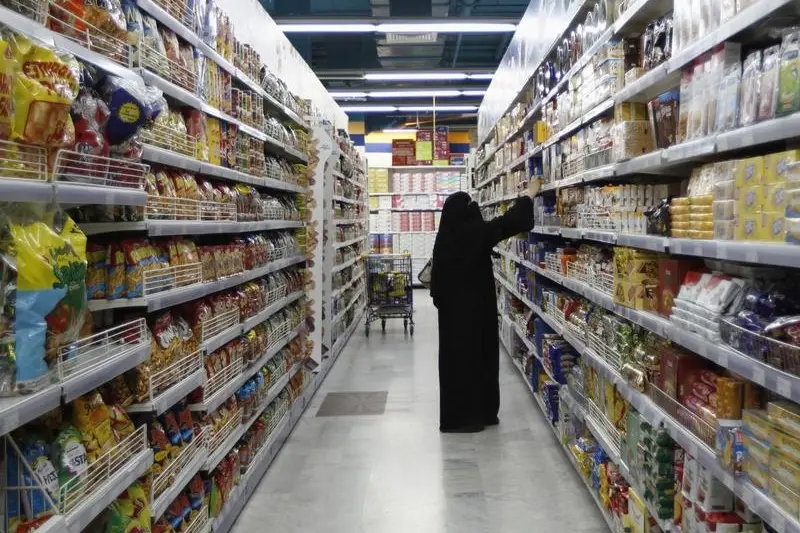PHOTO
The Gulf region requires deflation, and this reduction on the general level of prices in the economy will likely persist due to the impact on domestic demand from coronavirus, say economists.
"The coronavirus crisis has caused domestic demand across the Gulf to slump and deflation is likely to persist, with the key exception of Saudi Arabia. Most places are well placed to deal with the negative repercussions of deflation and, if anything, deflation could be exactly what is needed for the Gulf economies to improve external competitiveness within the confines of the their dollar pegs," says James Swanston, Mena economist at Capital Economics.
Headline inflation in the UAE, as well as Qatar, was already in negative territory before 2020, and slowing sharply in recent months. And now Bahrain and Oman are also seeing negative inflation.
Khatija Haque, head of research and chief economist at Emirates NBD Research, said UAE consumer prices rose 0.3 per cent month-on-month in June but were down 2.4 per cent year-on-year; as a result, the rate of deflation eased from -2.7 per cent year-on-year in May. Food inflation slowed to 5.7 per cent year-on-year in June while housing and utilities costs fell three per cent year-on-year, the slowest rate of decline since May 2018.
It's not just GCC states; many countries in Asia and Europe are also experiencing deflation due to a slump in domestic demand in the wake of the pandemic. European consumer prices showed that eurozone inflation eased significantly in August, falling by 0.6 points and returning to deflation at -0.2 per cent year-on-year.
GCC deflation is driven by an easing in the real estate sector as property prices in the UAE and Qatar have been falling since 2016 and these could dip further due to low demand and more supply.
Secondly, the effects of Covid-19 containment measures have hit domestic demand hard and depressed price pressures. Sectors most vulnerable to containment measures have been those where inflation has fallen the most. For example, inflation of recreational goods and services has plummeted in several Gulf economies as demand slumped.
"Deflation should not be a major problem for governments in the Gulf as they rely predominantly on dollar-denominated oil receipts, which will not fall as domestic prices do. In addition, governments net asset positions are generally positive and savings tend to be held in foreign currency," said Swanston. However, he warned that there would likely be bigger problems for private debtors.
"The risks are probably most acute in Qatar and the UAE and banking sectors in these countries are among the most vulnerable in the region to a rise in bad loans. That said, strong sovereign balance sheets mean that governmentts would be well-position to step in if severe problems began to emerge," he added.
"In fact, a period of deflation may be exactly what is needed in the Gulf to improve their external competitiveness against the backdrop of dollar pegs. Authorities in the region have made it clear that they will continue to do whatever it takes to maintain dollar pegs."
Copyright © 2020 Khaleej Times. All Rights Reserved. Provided by SyndiGate Media Inc. (Syndigate.info).





















